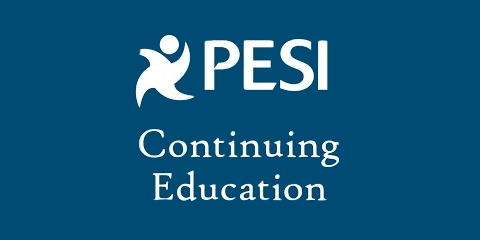Ten Best-Ever Anxiety Treatment Techniques – Missoula, MT
Dr. Stephanie Sarkis will assist you in shaping the 10 best-ever anxiety techniques to your needs and will discuss:
- How to apply the techniques in difficult cases
- How these techniques apply to different age groups
- How these techniques can help with clients who have co-morbid diagnoses
- How to use these techniques with groups or individuals and in different types of psychological services: private practice, hospital units, classrooms, nursing facilities, etc.
This fresh approach will give you a complete set of tools to work with anxiety symptoms. Cutting-edge research tells clinicians not only what is new, but also tells us why what we have done best over the years works to help clients achieve positive results in therapy. In this seminar, you will learn, practice and be ready to apply 10 techniques that really work to stop symptoms of panic, worry and social anxiety.
These 10 proven methods can control most symptoms of panic, generalized anxiety and social anxiety. Through in-seminar practice and discussing case vignettes to illustrate their applications – you can make them strong, effective and lasting interventions. Methods that control physiology: diaphragmatic breathing, reducing tension, and mindful awareness to offset panic or acute anxiety can be easy to learn but not simple to apply. We will discuss how to make them effective with different age groups and difficult clients to obtain the best results for calming panic and dread. Likewise, controlling the cognitive problems of anxiety, such as catastrophizing or ruminatively worrying, challenge most with anxiety. Learn powerful techniques that cool off worry, and challenge faulty cognitions – the obstacles to improving panic and social anxiety. You can help your clients identify and change the ways they avoid their social anxiety. Case examples will clarify planned re-entry to triggering situations, handling the stress of preparation and conducting ‘in vivo exposure’.
Objectives:
- Use 10 important techniques that will help your clients “use the brain to change the brain”.
- Apply the 4 competencies of stress management to improve health, quality of life and reduce anxiety, including lifestyle changes, cognitive interventions and time management tools.
- Employ techniques to prevent panic: “Prepare to be there without the scare” and manage panic events so there is less fear of fear.
- Demonstrate how to make breathing really work and utilize relaxation methods in stress rebound.
- Illustrate how memory reconsolidation helps your clients identify their triggers and interrupt the common cognitions that set off panic attacks.
- Practice techniques to interrupt and “erase the trace” of persistent worries and understand how this changes the neurobiology of ruminative thinking.
- Apply cognitive interventions to manage perfectionism, procrastination and rigid approaches to problems.
- Select techniques for “calm, competent and confident” approaches to exposures and utilize memory reconsolidation principles that minimize social anxiety and increase successful participation in performance and everyday social experiences for all age groups.


